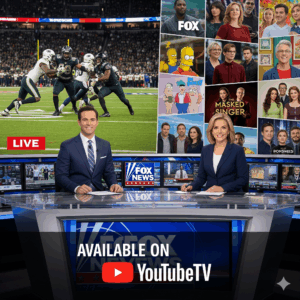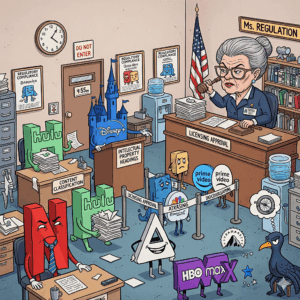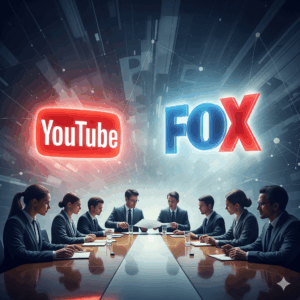YouTube Reaches Agreement with Fox: Why It Matters
Alphabet-owned YouTube TV and Fox Corporation have officially reached a long-term agreement, ensuring that millions of subscribers will continue to enjoy uninterrupted access to Fox News, Fox Sports, and other Fox-owned entertainment channels. The deal comes after days of tense negotiations and speculation about whether Fox programming might disappear from YouTube TV, sparking concern among viewers and regulators alike.
The companies did not disclose the financial terms of the settlement. However, the resolution marks another critical moment in the ongoing tug-of-war between streaming platforms and traditional media giants over carriage fees, licensing rights, and the future of live television in a digital-first world.
 Background: Negotiations and Rising Tensions
Background: Negotiations and Rising Tensions
Earlier this week, YouTube TV confirmed that it was in negotiations with Fox. The media company reportedly demanded higher payments than those offered to comparable content providers. The disagreement placed the future of Fox channels on YouTube TV at risk, sparking outcry among customers who rely on the service for live sports, national news, and entertainment.
On Wednesday, YouTube TV announced that it had reached a temporary extension with Fox. This short-term agreement provided breathing room for both companies to continue discussions without immediately cutting off access for subscribers. By Thursday, the parties confirmed they had finalized a broader deal, ensuring long-term carriage stability.
The FCC Steps In
The dispute gained attention from Federal Communications Commission (FCC) Chairman Brendan Carr, who warned that removing Fox channels from YouTube TV would be “a terrible outcome.”
Carr underscored the importance of uninterrupted access to Fox programming, particularly with major sporting events on the horizon. He publicly urged both sides to finalize negotiations quickly, even posting on social media platform X:
“Millions of Americans are relying on YouTube to resolve this dispute so they can keep watching the news and sports they want—including this week’s Big Game: Texas @ Ohio State. Get a deal done Google!”
Carr’s intervention highlighted the growing role of regulators in monitoring streaming media disputes, as these negotiations now affect tens of millions of households in ways once reserved for traditional cable carriage battles.
A Broader Industry Trend
The YouTube-Fox agreement is not an isolated case. In February, YouTube TV reached another high-profile deal with Paramount Global. That negotiation kept major channels—including CBS, Nickelodeon, and Comedy Central—available to subscribers after talks initially broke down.
Such disputes are becoming increasingly common as legacy media companies seek higher carriage fees from digital distributors. With consumers migrating from traditional cable bundles to streaming alternatives, providers like YouTube TV now wield significant power over content access. At the same time, media companies want compensation that reflects the value of their premium sports, news, and entertainment programming.
The result is a rising wave of short-term blackouts, last-minute negotiations, and consumer uncertainty. Industry analysts warn that such conflicts are likely to intensify as streaming platforms attempt to balance competitive pricing with the costs of securing top-tier content.
Impact on Subscribers
For subscribers, the YouTube-Fox deal comes as a relief. Fox Sports broadcasts some of the most-watched live events in the U.S., including NFL games, college football matchups, and Major League Baseball. Meanwhile, Fox News remains one of the highest-rated cable news networks, making it a vital part of the YouTube TV package for millions of households.
Losing access to these channels would not only frustrate subscribers but also risk damaging YouTube TV’s reputation as a reliable alternative to traditional cable. The agreement ensures that viewers can continue watching their favorite content without disruption, especially during a busy sports season.
Looking Ahead
The successful conclusion of negotiations underscores the growing interdependence of streaming services and media companies. While both parties benefit financially from carriage deals, the pressure to strike agreements quickly is now heightened by regulatory oversight and consumer expectations.
As the streaming wars intensify, these negotiations will likely set precedents for future carriage disputes across the industry. For now, YouTube TV subscribers can breathe easy knowing that Fox programming—from live sports to breaking news—remains firmly in their lineup.
For more insights on the business impact of media deals, explore IMPAAKT, your trusted top business magazine for global news and analysis.
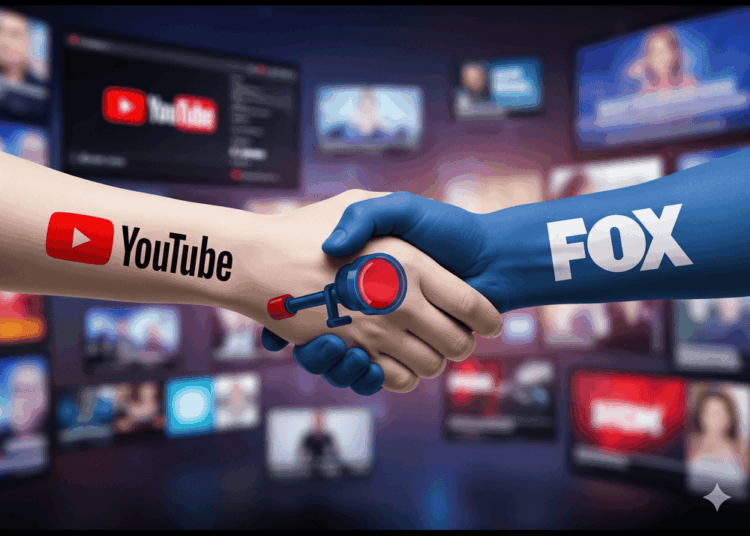
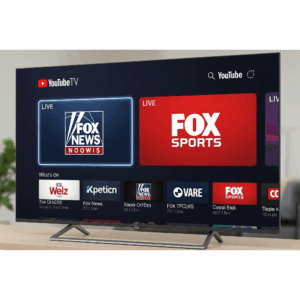 Background: Negotiations and Rising Tensions
Background: Negotiations and Rising Tensions
